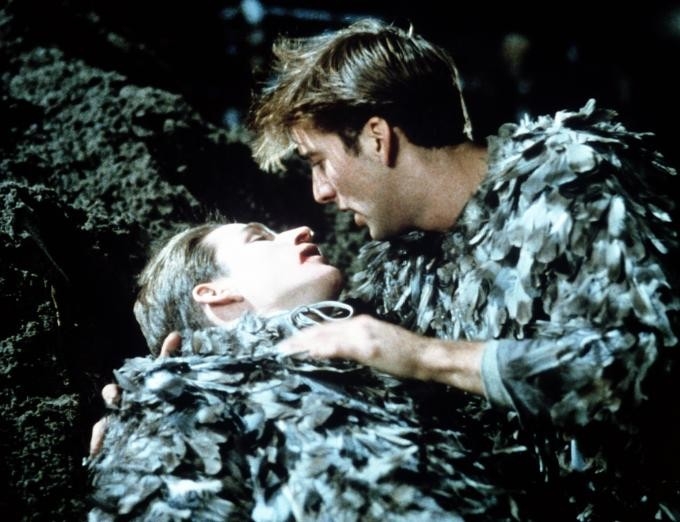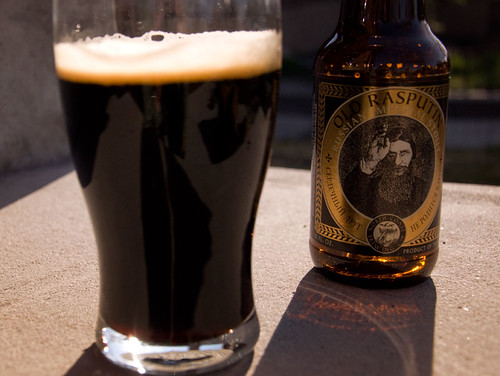 Soon to be published in the Yale Free Press (print edition), the first instance of my smoking column, tentatively titled "Only the Good Die Young":
Soon to be published in the Yale Free Press (print edition), the first instance of my smoking column, tentatively titled "Only the Good Die Young":
I had been in South America for only ten minutes, and already I was disappointed. Two hours from New Haven to JFK, eleven hours from JFK to Ministro Pistarini International, five hours of checking in, security, and idly munching on stale Hudson News muffins—I needed a cigarette, and God damn it, I was in Buenos Aires. I expected to walk off the plane into a thick cloud of smoke, men offering me a light at every other step, fedora clad and winking. Alas, EZE (Aeropuerto Internacional de Ezeiza "Ministro Pistarini") was as smoke free as any Manhattan Starbucks. The city proper, however, was more welcoming.
The city's streets are dotted with streetcarts, selling newspapers, magazines, post cards, but thankfully, especially, tobacco. You could buy them by the pack or fish your desired number out of pre-opened packs perched nervously by the register. Familiar faces greeted me: the Marlboros, Camels, Lucky Strikes, even Benson & Hedges, my old standby—but the Argentinian cigarettes (dare I say, like the Argentinian people?) were far more enticing. My tour guide, Herrrrrrnan (if you don't roll the r for two full seconds you aren't doing him justice) smoked Jockeys, and so Jockeys I attempted to buy. Attempted, because I foolishly pronounced “Jockey” as one would in English, leaving the twenty-something woman trying to serve me utterly confused. Throughout most of my trip, cigarette vendors eventually resorted to pointing at each successive brand and variety until my exasperated, over-enthusiastic nod confirmed my preference, with one exception: everyone and his grandmother knows what a Marlboro Red is. But I digress.
I was born and raised in New York, and since high school have lived in New Haven. Buying tobacco in Argentina was like frolicking through Elysian fields. American brands, and upscale foreign brands, cost around eight Argentinian pesos a pack—roughly two bucks, back in May when I was there. I could've bought packs for one American dollar or less; I also could've bought large bottles of vodka (legally! Ten-year-olds probably make liquor runs for their parents in BA) for less than $4—in both cases, I refrained.
The real beauty of my South American tobacco tourism wasn't monetary, however—even at those shoddy little streetcarts staffed by leathery old men in newsy caps, the brand variety dwarfed most American drugstores. Bright blue and red signs scream “OPEN 25 HS” throughout the city; these stores, so like our 7-11s in every other way, have an almost laughable (in that nervous, hysterical, childishly excited way) tobacco selection. It was at such an establishment that I first purchased my second favorite cigarettes of all time—Harmonys. Strong and flavorful—in a way no smokes I can buy at the 24 hour Walgreens by my New England apartment could ever hope to be—affordable, and apparently Chinese (I know, I thought the entire nation smoked nothing but 555s too); to this day I regret having bought only two packs, both now long gone. Weeks later I found myself smiling as I gave a DC bum the best cigarette he'd ever smoke: normal length, normal filter, with nothing but the English word “Harmony” wrapped around its dainty circumference.
Exotic varieties of Virginia Slims (the Unos come in a discrete black or white box reminiscent of perfume packaging), kretek galore, all manner of superfluously upscale sounding brands (the Hiltons stick out in my mind as both exceptionally hilarious and bad)—Buenos Aires was FAO Schwartz Tobacco, at Walmart prices. However bad the US economy is, the ridiculous exchange rate made it clear the Argentinian economy was even worse, and yet these humble South Americans stood in the shadow of tobacco heaven, while I routinely made do with $5 Liggetts (you've probably never heard of them, with good reason, but I assure you they're among the cheapest cigs available at your local drugstore).
Oh brothers, in Buenos Aires, that land of milk and honey, you can smoke in bars. From my travel diary:
“...I was loud and vulgar and threw cigarettes in the faces of the non-smokers, pressuring them to join. The Argentinians loved me and called me The Russian. We talked about trains and bars and Peru and San Francisco. The Argentinians disappeared and an eternity later I was in a bar being offered a single cigarette by a bronze Argentinian with thick white eyebrows and no tie....”
The bushy-browed Argentine was the bartender; the joint was dark and beautiful. I'd ordered a vodka tonic and a pack of Marlboros, and he'd offered me one of his cigarettes while a waitress assembled my dinner. I felt like Hemingway, Camus, and a free lancer working for Vanity Fair. It was amazing. You can't feel like that in New Haven, not even at the Owl Shop (which I nevertheless encourage you to patronize early and often).
As for Rio de Janeiro, I offer a single vignette: I was standing outside my hotel around midnight, smoking and laughing at the Portuguese warnings of impotence illustrated (!) on my pack, when a shirtless young man approached me, gesturing “Please, miss, can I bum a smoke?” Never one to break the Smoker's Code, even in a notoriously dangerous city, I gave him one, and lit it for him. He beamed, completely shocked that I'd actually granted him this small blessing, just as a security guard from the lobby emerged to angrily shoo him away. “Stay right here, by the doors,” he brusquely said to me, “don't talk to them.” He stood with me as I smoked all the way down to the filter, bitterly, in his bleached white staff jacket.
The United States welcomed me home by banning cloves and raising taxes while I was still unpacking the cartons I'd bought tax-free at Guarulhos International in São Paolo. My stash finally ran out a week ago, and even that aforementioned Walgreens, which sells at the state-minimum, hasn't been able to console me. I'm back to smoking Marlboro 100s, Reds, of course, on my fire escape right above “Soul de Cuba”, a restaurant on High Street. Argentina certainly won't cry for me, but oh, to be a girl from Ipanema!







